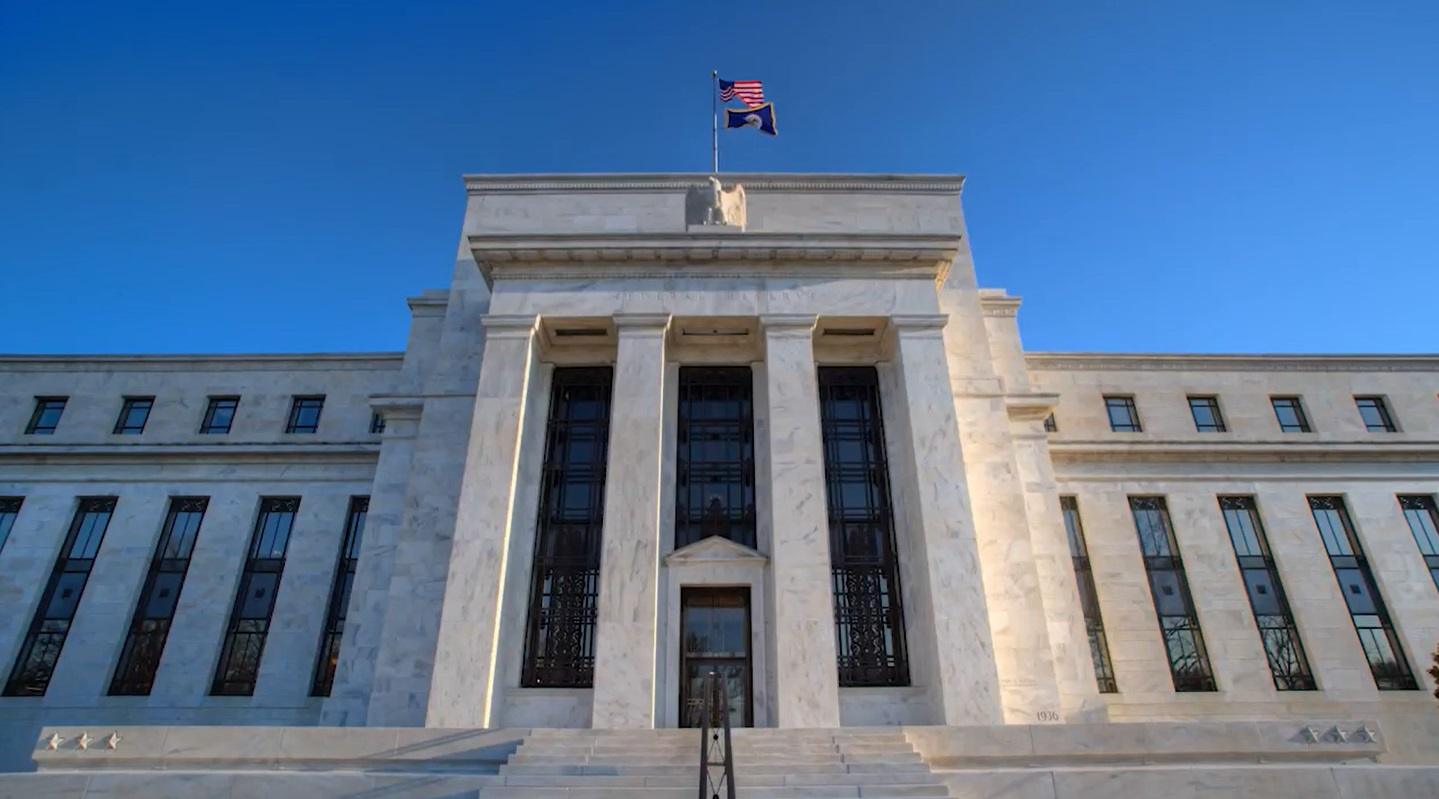U.S. Federal Reserve Leaves Climate Risk-Focused Central Bank Coalition
The U.S. Federal Reserve announced on Friday that it has withdraw from the Network of Central Banks and Supervisors for Greening the Financial System (NGFS), a global coalition of central banks aimed at working together on climate and green finance issues.
The exit comes in the immediate leadup to the Presidential inauguration of Donald Trump, in an environment in which Republican politicians have become increasingly skeptical of climate change-focused coalitions, such as the NGFS, or the net zero-focused industry groups such as the NZBA and NZAM, which have also seen a series of U.S.-focused exits. Notably, however, the Fed entered the coalition during President Trump’s first term, under the direction of Jerome Powell, who was appointed Fed Chair by Trump.
The NGFS was established in 2017, with the purpose of helping to strengthen the global response required to meet the goals of the Paris agreement and to enhance the role of the financial system to manage risks and to mobilize capital for green and low-carbon investments in the broader context of environmentally sustainable development. The organization provides science-based insights aimed at helping financial systems to navigate climate and nature-related risks, including its climate scenarios – reflecting possible future climate policies, and assessing physical risks, including heat, drought and floods, and short and long-term risks stemming from the transition to a greener economy such as increasing carbon prices – which are used by many central banks worldwide in climate stress tests for banking and financial systems.
The Fed joined the NGFS in late 2020, with Powell at the time indicating the importance of “understanding of how best to assess the impact of climate change on the financial system,” although the Fed Chair had also cautioned that the central bank’s role in the climate fight must be limited, leaving the nation’s response up to elected representatives.
The Fed subsequently conducted its first climate scenario analysis exercise for the six largest U.S. banks in 2023, which utilized the NGFS scenarios, although Powell also reiterated his position at around the same time that the Fed will not become a “climate policymaker,” and that use of its policy and supervisory tools to achieve environmental or climate-based goals would be inappropriate under its federal mandate.
In its statement announcing its decision to withdraw, the Fed said that “the work of the NGFS has increasingly broadened in scope, covering a wider range of issues that are outside of the Board’s statutory mandate.”
Although the statement did not go into detail, the NGFS website acknowledges that while the organization initially focused on addressing climate goals, “the interdependencies between climate, biodiversity, and other planetary boundaries have made it clear that the resilience of the financial system relies on a holistic approach. The NGFS has thus been at the forefront of taking an integrated approach to nature-related risks.”
In a statement published following the Fed’s announcement, the NGFS “regrets but respects” the Fed’s decision, and noting that “the Fed was not a member of the NGFS Steering Committee, nor leading any workstream.”





